The Different Types Of Investment Opportunities
A question we get asked frequently is: where do I invest my money? There are so many different types of real estate to choose from. You can pick a number of methods based off your comfort level and how much your willing to invest.
A pre-construction condo investment is a condominium which has yet to be fully built. It’s commonly done because the down payment is extended for a 2 to 2 and a half year period. The down payment structure is extended, which is why it’s such a popular option. There is the 10 day due diligence period, after which your money is nonrefundable.There is generally a big appreciation in value for future return. It may be undesirable for some as you are locked into a contract for years. You are buying from a floor plan so you can’t get the strongest feel of the space, you’re essentially buying it from paper. The typical cost of entry is approximately $100,000 for Toronto.
An income property investment is the second most popular type of investment. It can be a home that’s already on the market for resale, also can be a rented room inside of a home (ie basement apartment). This is one of the few options that provides income right away, but generally doesn’t have the highest payout. The mortgage is being paid right when you close. There’s typically a 20% down payment. The market is increasing 6–6.5% in passive appreciation, which means the value is appreciating while you own it. Your tenants are paying you and essentially your mortgage. Neutral cash flow is not uncommon, and not necessarily negative. Forced appreciation is your smartest option for this type of investment. This means you’re adding value to the home by adding little to big things, such as a basement apartment, renovating or adding new features. Managing a tenant does take time and effort, you have to ensure that they are satisfied with their living situation. So the more tenants you have, the more work you must put in, but also the more income you will receive. If you get approximately 15 or more tenants, you will need a property manager. It is an active investment, you have to work on it constantly and budget for maintenance. The typical cost of entry in Toronto is $130,000.
Student housing is very popular and essentially recession proof as people will always be going to school. It’s a passive or active investment depending on property management arrangements. Its typically located in AAA locations as major cities have large colleges and universities. There is an ongoing demand for this type of property. Always a big pool of prospective tenants, so the search is never a challenge. Always look up supply and demand of your particular area, you want to see if and where buildings are coming up. This investment generally gives you the highest positive cash flow of any of the asset classes. You as the owner definitely want to see the credit history from the student or parent. Luckily, there is a very low eviction rate. In major cities, students are generally staying for the whole year rather than just the school year now. But it is possible that you will have an empty property for 3–4 months. High tenant turn over is an issue. The maintenance schedule and budget is higher due to their more likely rowdy nature. The typical cost of entry in Toronto is typically $80,000.
Joint venture is when you partner up with investors together to obtain property while leveraging everyone’s ability for financing, management and repairs as a team. This is the best way to mitigate risk as you have a number of partners to fall back on if an issue does arise. Venturing into this method allows you to invest in more properties and also future larger projects. The biggest issue are that everyone’s goals need to match up, so there is obviously less control for all parties. The typical cost of entry in Toronto is $50,000.
Lease to own is one of the most common investments even though interest has dipped in the past few years. The investor essentially acts as lender with predetermined terms, tenant pays rent and eventually purchases the remaining amount in approximately 3- 4 years. It’s a very passive investment. The selling of the property is pre-determined, you know it will eventually sell once you have a tenant. It’s good strategy for young families or first time buyers. A negative aspect is that the money is typically tied up for the entire term until the sale. Getting qualified tenants is also a challenge and can be a long process as they would need to have approximately $15,000 and as well as pay approximately 20% off the monthly rent.
The final way to invest your money in real estate is equity deals. It’s essentially helping land developers raise capital. Most equity deals are eligible from an Retirement Savings Plan and Registered Retirement Income Fund perspective. Depending on who you are investing with you can sometimes choose your terms of the lending. This is another passive investment. Your capital is tied up for about a 4–6 year term. You may or may not have monthly or annual dividends with is type of investment. The typical cost of entry in Toronto is $30,000.

